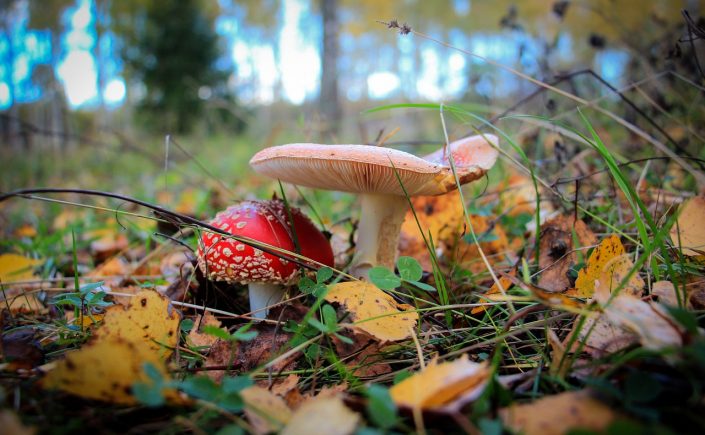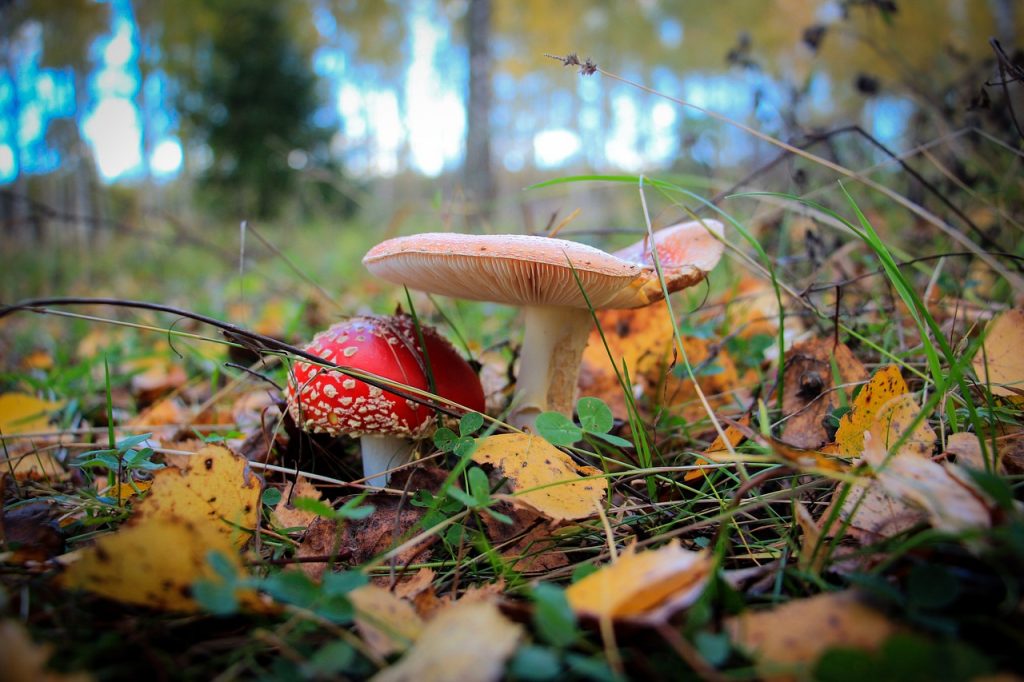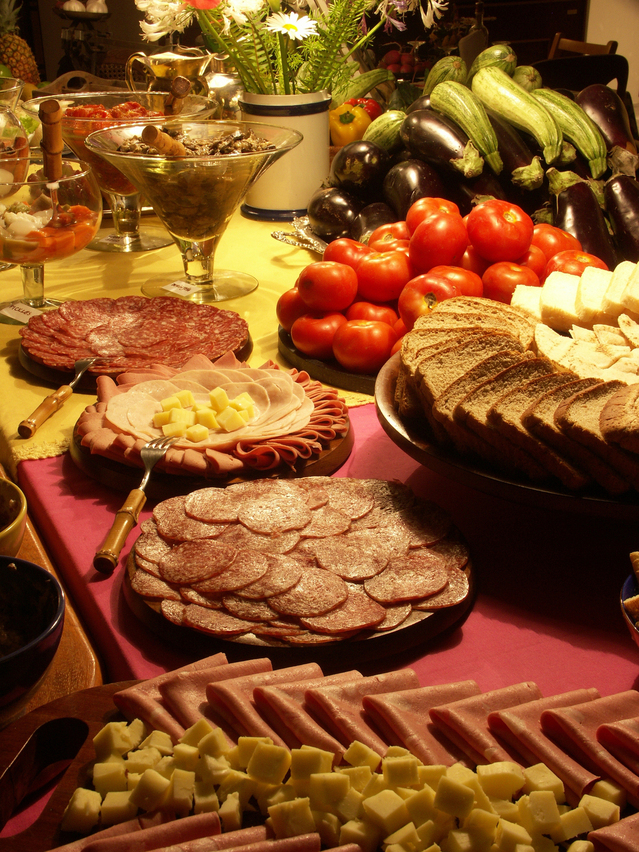Having God in our lives is the most valuable thing in the world. Temptations and the pleasures of this world are often so strong that we forget what is really essential. Let’s see a few examples from the Bible.
In the garden of Eden
If you don’t already know this passage of the Bible, please read the chapters 1 to 3 of the book of Genesis.
“Eden” means delight, pleasure1. So God has put Adam and Eve in a garden of pleasures. In this garden were plants, trees and animals. This garden must have been amazing to live in. Adam and Eve had everything they needed, but above all, they could enjoy the presence of God.
I might be wrong, but it doesn’t seem that the garden of Eden was that amazing in itself: trees, animals, fruit. If we did a survey on what people would put, if they could create their own garden of Eden, we would certainly find many other things. TVs, cinemas, chocolate fountains, etc. However, God knows what we need above all else: healthy food, love, peace, rest, simple joys, etc. and His presence. Anything else is unnecessary.
Were Adam and Eve happy in this place? Yes, certainly, but the serpent still manages to tempt them to touch the only tree of the garden which was forbidden. Adam and Eve didn’t see that the most precious thing in this garden was the presence of God and that by eating the forbidden fruit, they would break this relationship.
This is a great example of what gluttony is: when you have everything you need, but still want more and more.
In the wilderness
In the book of Exodus, chapter 16, we can read that, in the wilderness (desert of Sinai), God sent the manna every day to the people so that they could eat.
The people had everything they needed and even God with them. God had saved them from slavery in Egypt and was giving them all that they needed.We don’t know much about what the manna was, but it was certainly very healthy, giving to the people all the nutrients they needed.
Were they happy and content in this situation?
In the book of Numbers, chapter 11, we can read that the people complained and grumbled, saying:
“Who will give us meat to eat? We remember the fish we ate in Egypt for free, the cucumbers, the melons, the leeks, the onions, and the garlic. Now our lives are wasting away. There is nothing but manna in front of us.”
Numbers 11:4-6
At the end of the chapter, we can read that God sent them some quails, but punished them severely.
Again here, people had everything they needed but wanted more. They didn’t see that by complaining, they would break the most important thing they had, their relationship with God.
The example of Jesus
We should look at Jesus’ attitude:
Though he was in the form of God, he did not consider being equal with God something to exploit. But he emptied himself by taking the form of a slave and by becoming like human beings. When he found himself in the form of a human, he humbled himself by becoming obedient to the point of death, even death on a cross.
Therefore, God highly honored him and gave him a name above all names, so that at the name of Jesus everyone in heaven, on earth, and under the earth might bow and every tongue confess that Jesus Christ is Lord, to the glory of God the Father.
Philippians 2:5-11
Jesus had everything He needed before He came down to earth, but sacrificed them all. He didn’t complain but was obedient to the Father and gave His life as a sacrifice for humanity. Because He sacrificed temporary pleasures for a greater purpose, God honored and gave him a name above all names.
Conclusion
What about you, as you read this? How is your spiritual walk? Have you realized that there is nothing more precious that the presence of God in your life. Absolutely nothing?
On the subject of food, these passages show us that gluttony is to want more than what is good and healthy for us. It is to eat too much or to eat food just for the pleasure of eating.
All these pleasures are deceitful because they are not only a hindrance to our relationship with God, but they are also bad for our health. Many health problems are caused by an unbalanced diet. Maybe you are experiencing health problems which are a direct cause of your diet without knowing it.
God takes pleasure in seeing His people have a healthy diet which gives them the energy they need to serve Him.







